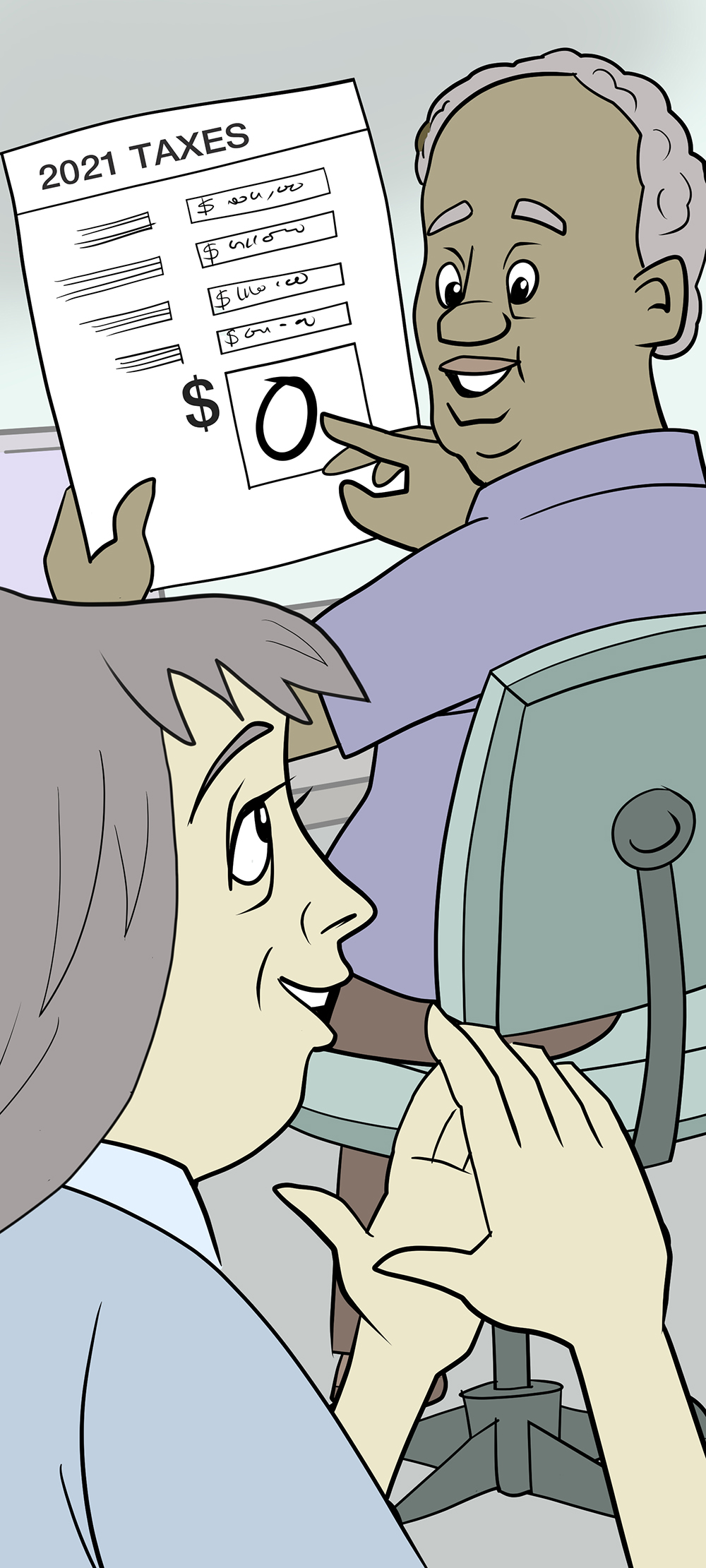SUBSCRIBE
Enter your Name and Email address to get
the newsletter delivered to your inbox.
Please include name of person that directed you to my online newsletter so I can thank them personally.

4994 Lower Roswell Road NE, Suite 4, Marietta, GA 30068
Phone: 770-971-9141
Email: ifp@incompassfp.com

When it comes to planning for retirement, there’s a lot to think about. How should you save for it? Where will the money come from? How much will you need for a comfortable lifestyle? But one important element that people often overlook is planning for taxes. Failing to take taxes into account can be an expensive mistake.
Consult your financial professional who understands the requirements regarding these investments.
Enter your Name and Email address to get
the newsletter delivered to your inbox.
Please include name of person that directed you to my online newsletter so I can thank them personally.
Enter your Name, Email Address and a short message. We'll respond to you as soon as possible.
Securities offered through Osaic Wealth, Inc., member FINRA/SIPC. Investment advisory services offered through Incompass Financial Partners, LLC. Osaic Wealth is separately owned and other entities and/or marketing names, products or services referenced here are independent of Osaic Wealth.
Incompass Financial Partners, LLC and LTM Marketing Solutions, LLC are unrelated companies. This publication was prepared for the publication’s provider by LTM Marketing Solutions, LLC, an unrelated third party. Articles are not written or produced by the named representative.
The information and opinions contained in this web site are obtained from sources believed to be reliable, but their accuracy cannot be guaranteed. The publishers assume no responsibility for errors and omissions or for any damages resulting from the use of the published information. This web site is published with the understanding that it does not render legal, accounting, financial, or other professional advice. Whole or partial reproduction of this web site is forbidden without the written permission of the publisher.